Even though Americans and Canadians share a border, English, and plenty of pop culture, they don’t always speak the same language. Some American expressions sound too loud, too confident, or just plain awkward to northern ears. Canadians prefer softer phrasing, politeness, and understatement. So, when an American phrase lands mid-conversation, it can cause an internal eye roll or quiet sigh. Here are 20 American phrases that Canadians can’t stand hearing.
Can I get a refill?

In many U.S. restaurants, drinks are refilled endlessly, often without asking. In Canada, a second soda or coffee usually costs extra. So, when someone casually asks for a refill, it can feel overly direct or presumptuous. Canadian servers might hesitate, unsure whether to mention the charge. It’s not that Canadians dislike generosity, they just aren’t used to bottomless anything. A more natural phrasing like “Could I have another, please?” feels softer, friendlier, and distinctly northern. “Can I get a refill?” might sound normal in Ohio, but in Ontario, it still lands a little too bold for comfort.
Restroom
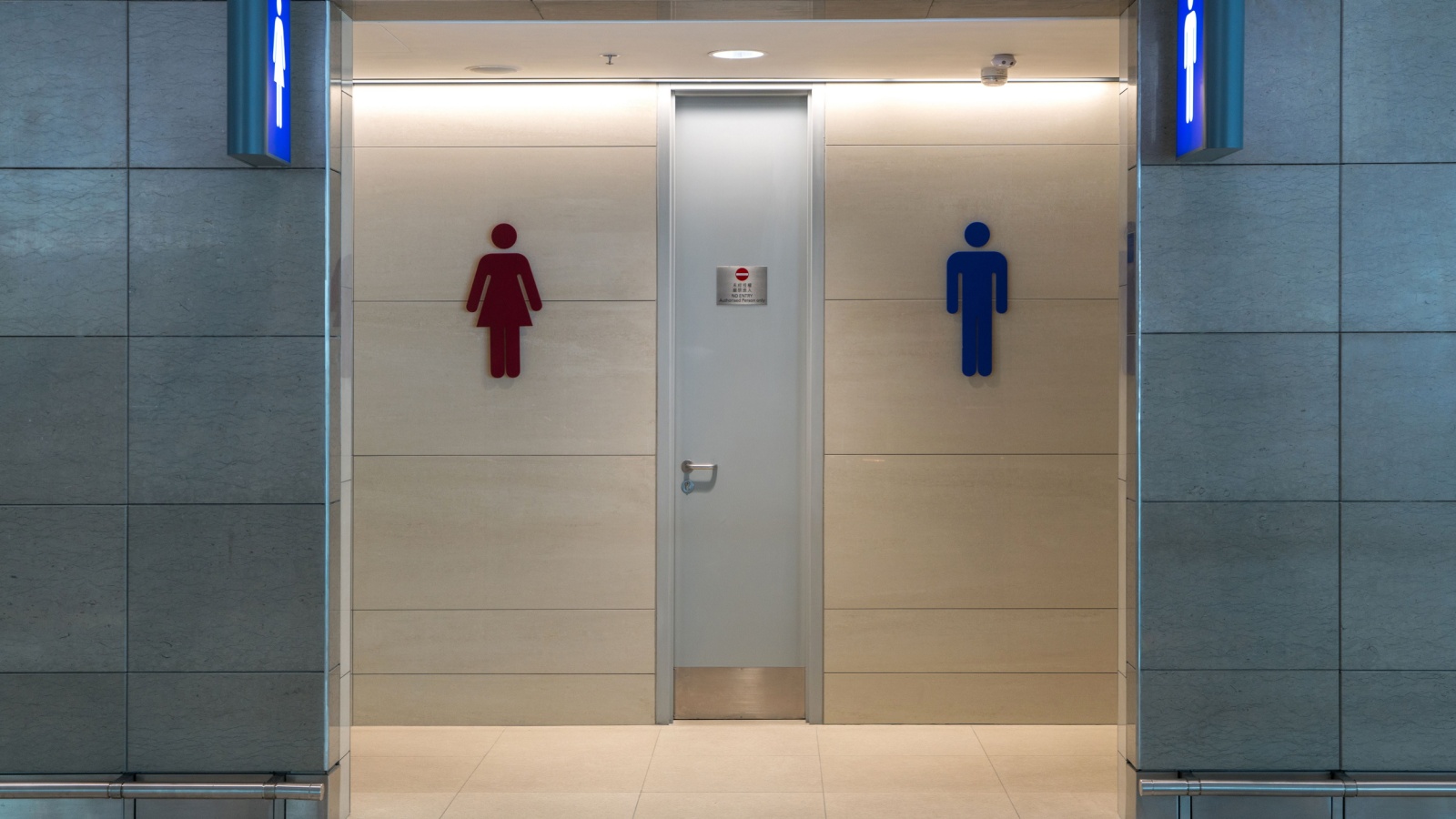
This one always sounds oddly formal. Canadians almost universally say “washroom,” whether in a café, school, or airport. “Restroom” feels like something from an American sitcom or airport sign, a euphemism that tries too hard to be polite. Canadians don’t find “washroom” strange, it’s practical, clear, and culturally normal. So, when someone asks, “Where’s the restroom?” it causes a tiny pause before translation kicks in. It’s not offensive; it’s just foreign. For a nation built on everyday courtesy, the simplicity of “washroom” feels right, while “restroom” feels like linguistic overdecorating for something very basic.
Gas station
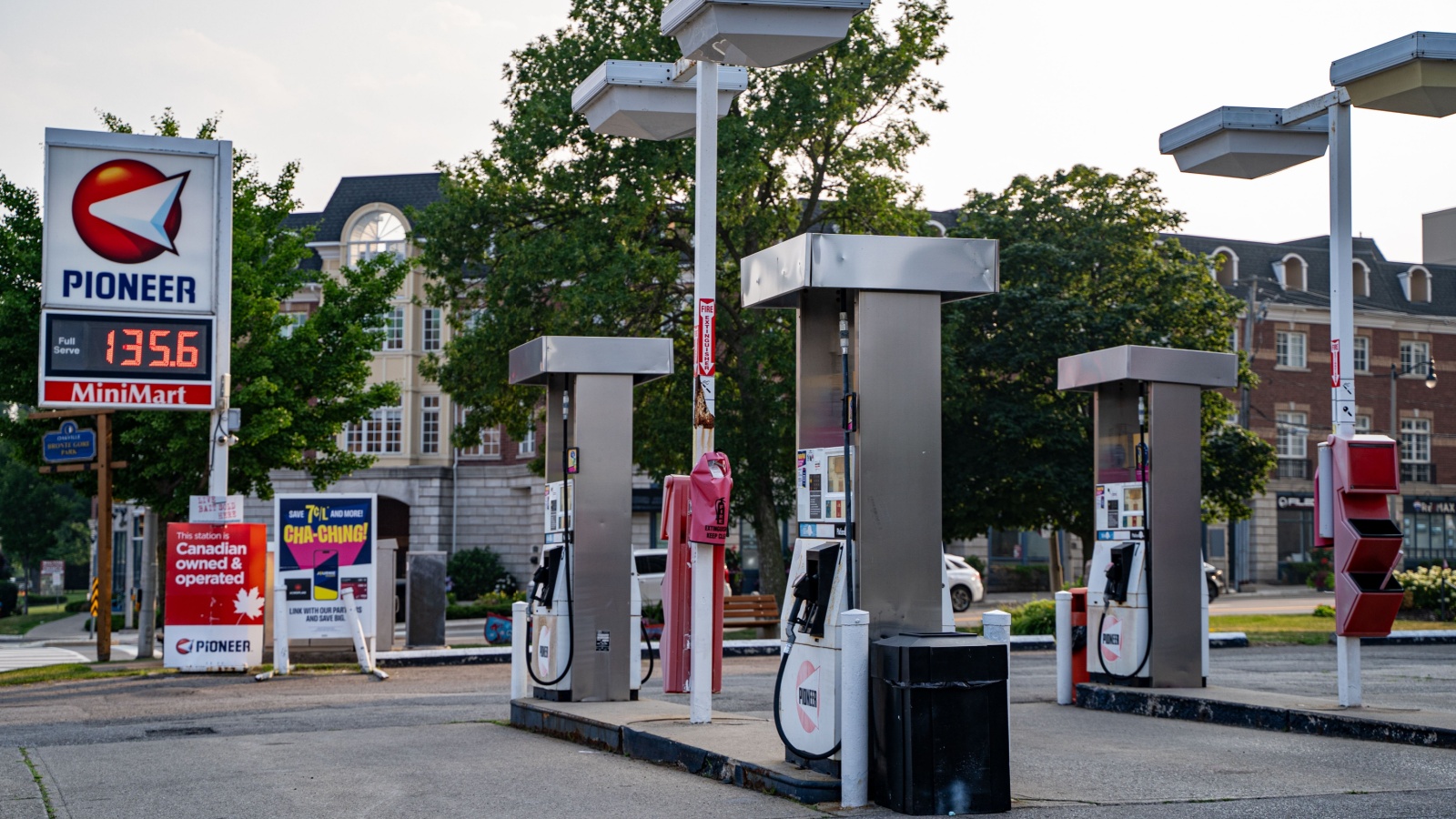
American movies made this term sound iconic, but it still feels commercial and impersonal to Canadian ears. Many people here grew up calling it a “gas bar,” especially in smaller towns or with older generations. “Gas station” evokes neon signs, desert highways, and road-trip stereotypes, images that don’t quite fit life in Ottawa or Halifax. While the term is common, it still carries that glossy American tone that feels too cinematic for everyday speech. Canadians don’t dislike it outright, but they often prefer local expressions that sound less like they came from a movie set.
Mall cop
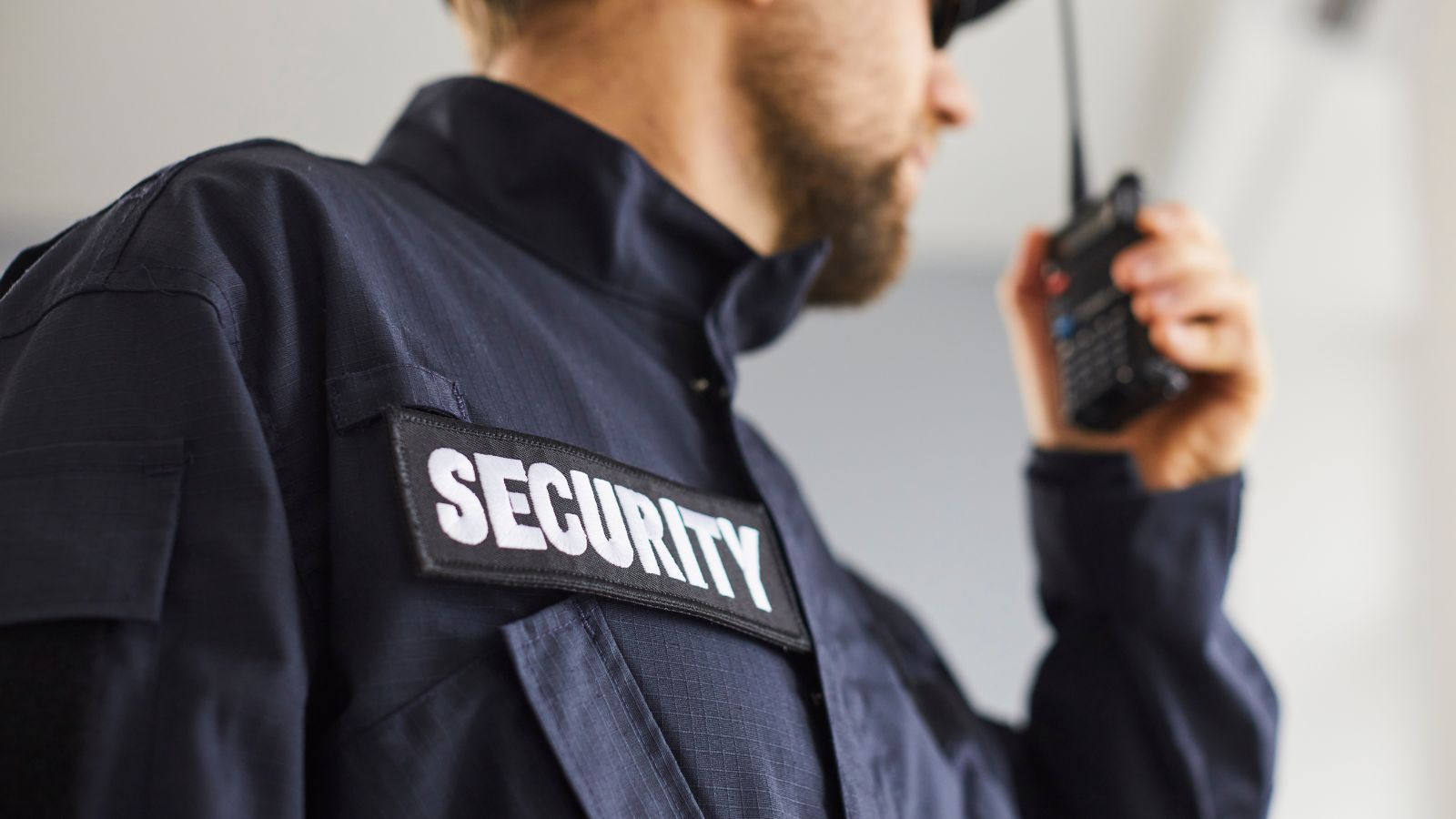
Thanks to pop culture, this phrase conjures slapstick scenes and Segways, not professionalism. Canadians usually say “mall security” or “security guard,” both more neutral and respectful. “Mall cop” sounds like a joke, even when describing real workers. It’s the exaggerated tone, too American, too mocking, that doesn’t sit right. In Canada, humor tends to be dry and understated, so openly labeling someone a “cop” for watching over a mall feels unnecessary. The phrase isn’t hated, but it’s undeniably cartoonish. It belongs in comedy films, not in an actual shopping Centre conversation.
Y’all
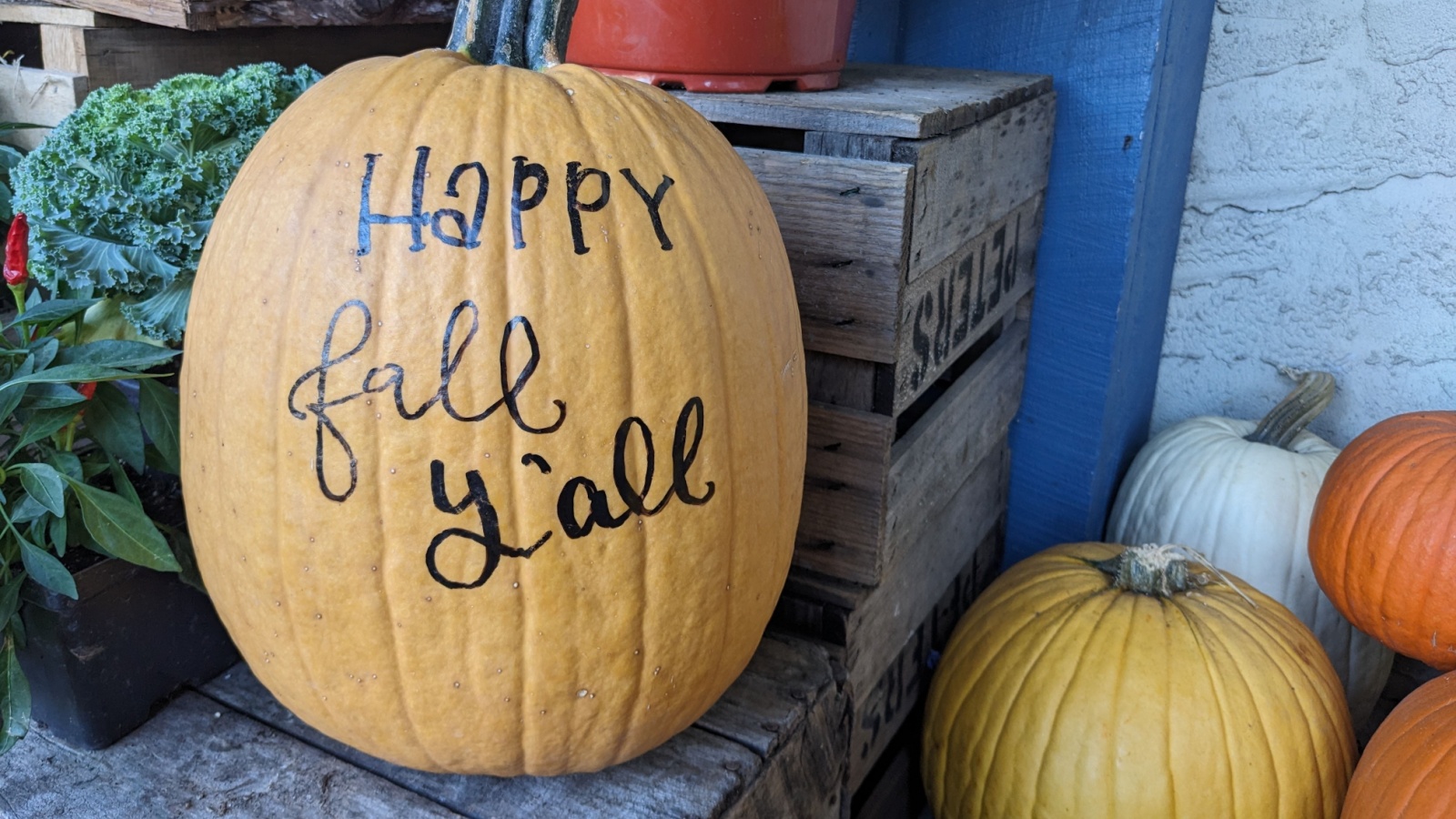
This southern classic has charm below the Mason-Dixon Line but feels out of place up north. Canadians typically say “you guys” or “everyone,” and “y’all” sounds like it’s been imported along with cowboy hats and barbecue sauce. It isn’t offensive, just jarringly regional. Canadians often find it amusing when visitors casually drop “y’all” into conversation, like trying on an accent that doesn’t fit. The word carries warmth in Texas, but in Toronto, it lands awkwardly, like a cultural costume. It’s a phrase better left where it belongs, in the American south, not the Canadian Prairies.
Fanny Pack
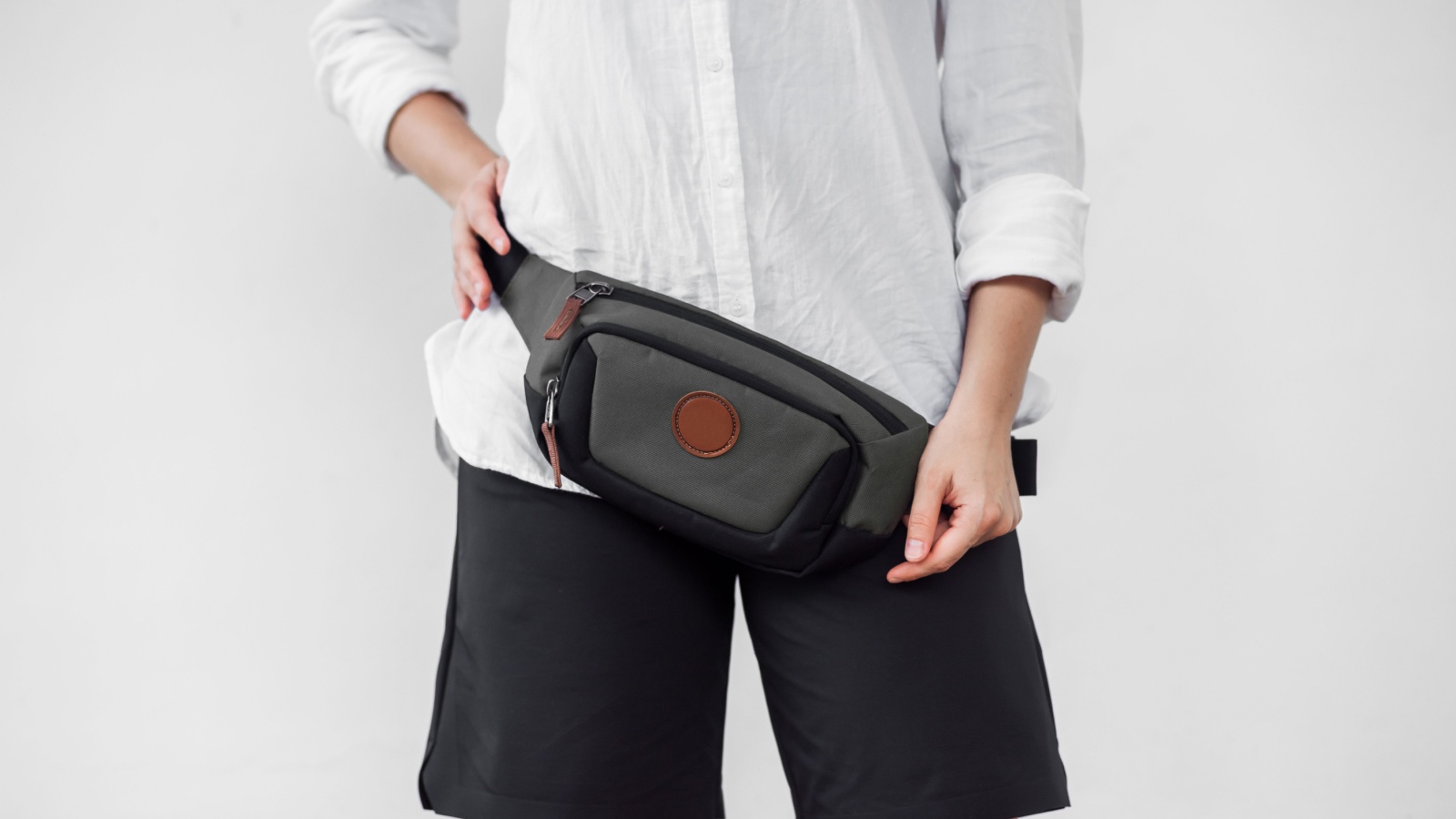
Few words spark more laughter than this one. In North America’s northern half, “fanny” means something entirely different, and it’s not a body part one discusses casually. The Canadian term is “waist pack” or “belt bag.” When an American asks where to buy a “fanny pack,” it can take effort not to grin. It’s not offensive, just unintentionally funny. It’s a classic example of how two English-speaking countries can use the same word with wildly different meanings. The phrase may be practical in the U.S., but in Canada, it’s permanently stuck in the humor category.
Sidewalk
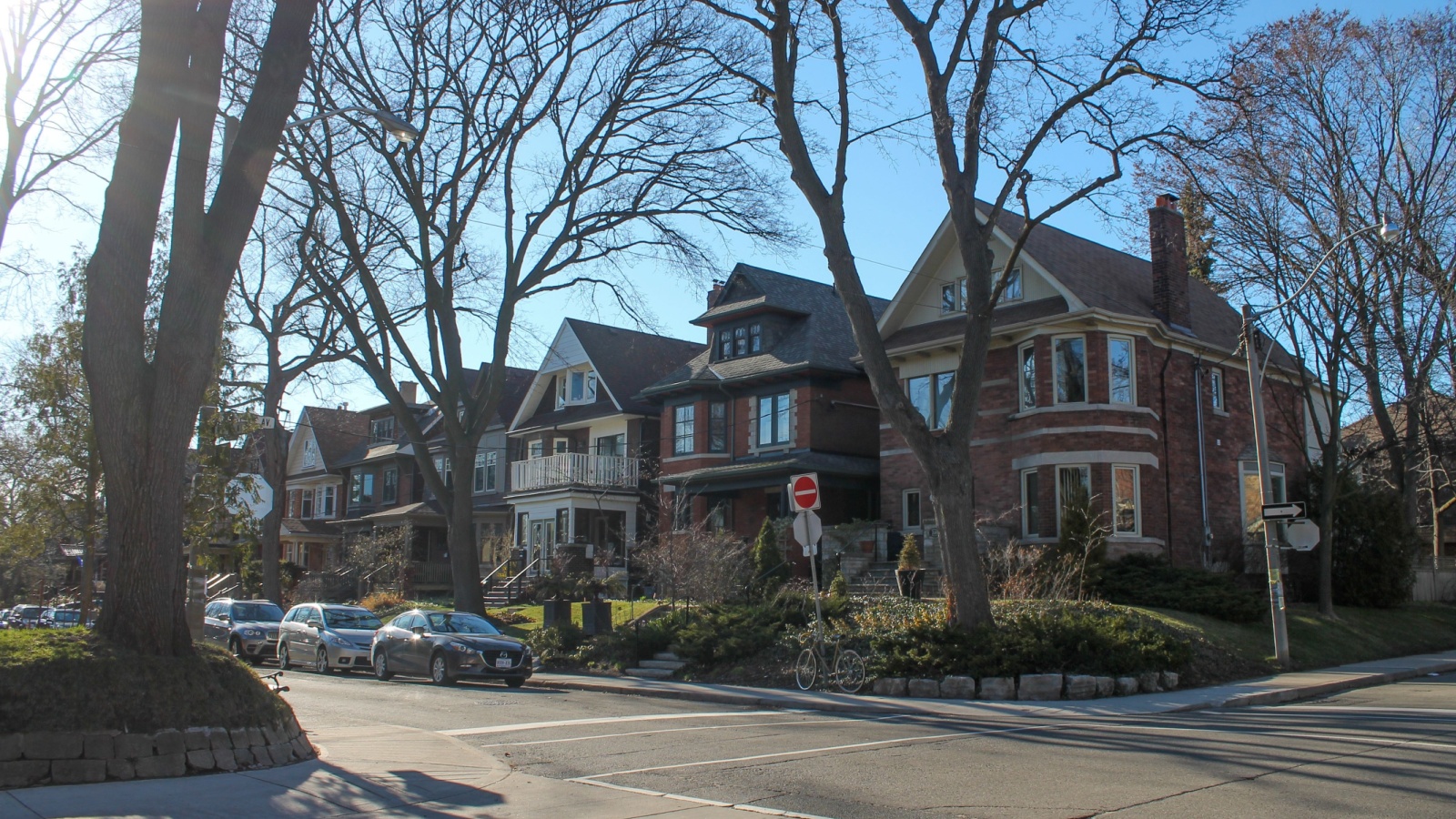
While harmless, “sidewalk” still feels oddly Americanized to many Canadians, who sometimes use “pavement” or “walkway.” It’s not that anyone would correct you—it’s simply that “sidewalk” has that unmistakable U.S. tone, shaped by decades of television and advertising. It feels utilitarian, stripped of personality. In some areas, regional terms persisted until mass media flattened them out. So, hearing “sidewalk” just reminds Canadians how language gradually absorbed American influence. It’s not wrong, just another small linguistic takeover that went mostly unnoticed until someone from out of town said it too loudly.
Can I get fries with that?

This fast-food staple sounds like a slogan more than a question. Canadians prefer softer phrasing like “Could I add fries?” or “Does that come with fries?” The American version feels mechanical, brisk, and overly direct. It reflects a culture of quick transactions, while Canadians usually favor gentle, conversational tone. It’s not about grammar, it’s about vibe. The phrasing feels rushed, transactional, and lacking warmth. Canadians would rather sound courteous even while ordering junk food. So, while the fries themselves are universally loved, the way Americans order them sometimes feels like a commercial script.
Take a rain check
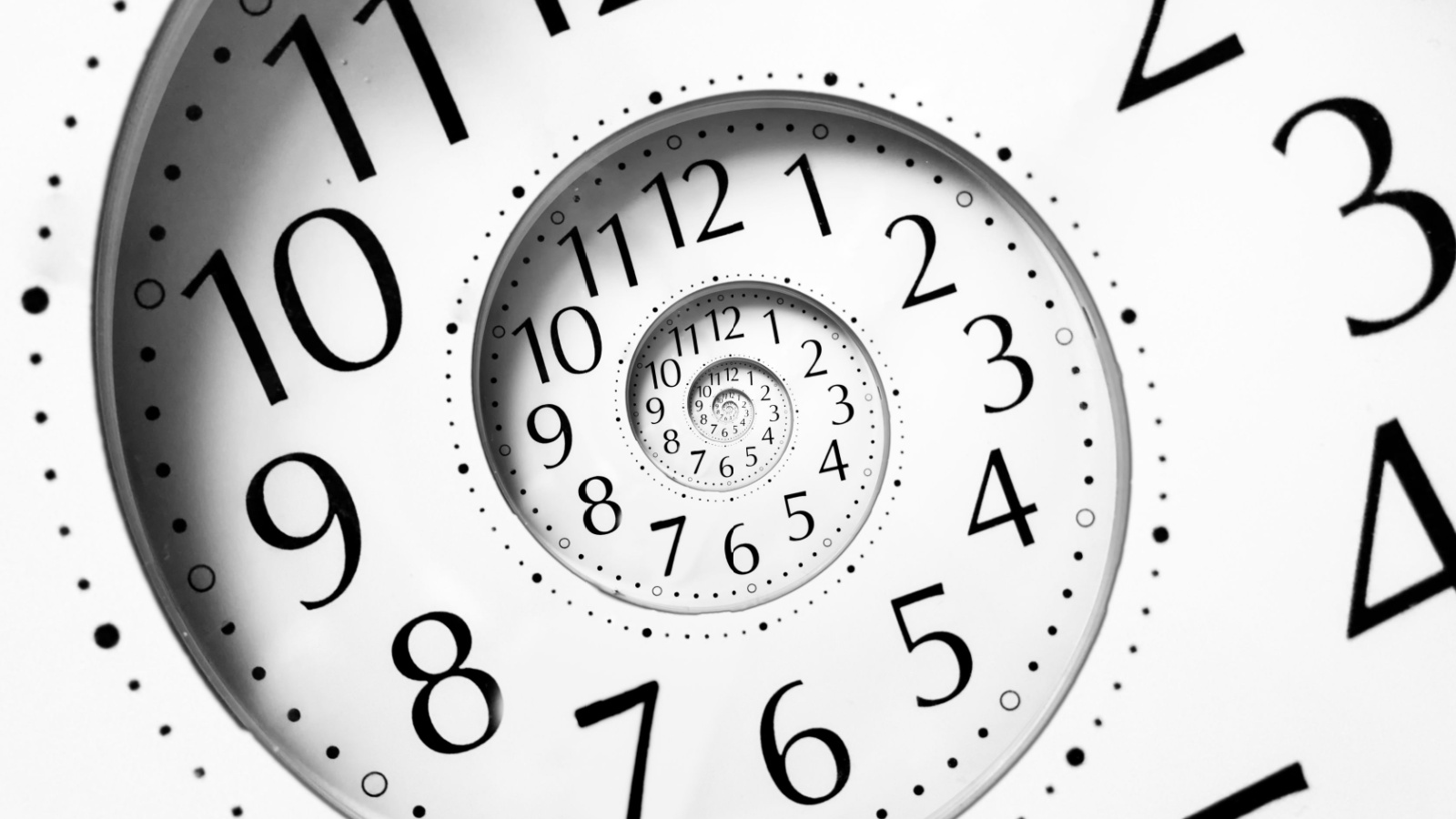
Canadians occasionally use this expression, but many find it outdated or unnecessarily idiomatic. It comes from early American baseball, where games postponed by rain offered replacement tickets. In modern conversation, though, it can sound stiff or overly casual, depending on context. Canadians tend to prefer direct alternatives like “Let’s reschedule” or “Maybe another time.” “Take a rain check” feels like imported slang from a bygone era, something you’d hear in an old sitcom. It isn’t disliked, just slightly misplaced in today’s polite, straightforward northern communication style.
Bro

Short, loud, and everywhere, this word embodies American informality. Canadians often find it exaggerated, especially when used repeatedly. “Bro” sounds like a sports chant or fraternity catchphrase, while “buddy” or “man” feels more natural north of the border. It’s not just a word; it’s a tone, one Canadians associate with overconfidence. Hearing “bro” in casual talk can feel performative, as if someone’s acting out a YouTube skit. Canadians prefer friendliness that doesn’t sound like a pep rally. So, while “bro” dominates American slang, it still struggles to sound genuine in everyday Canadian speech.
Route (rhymed with “rout”)
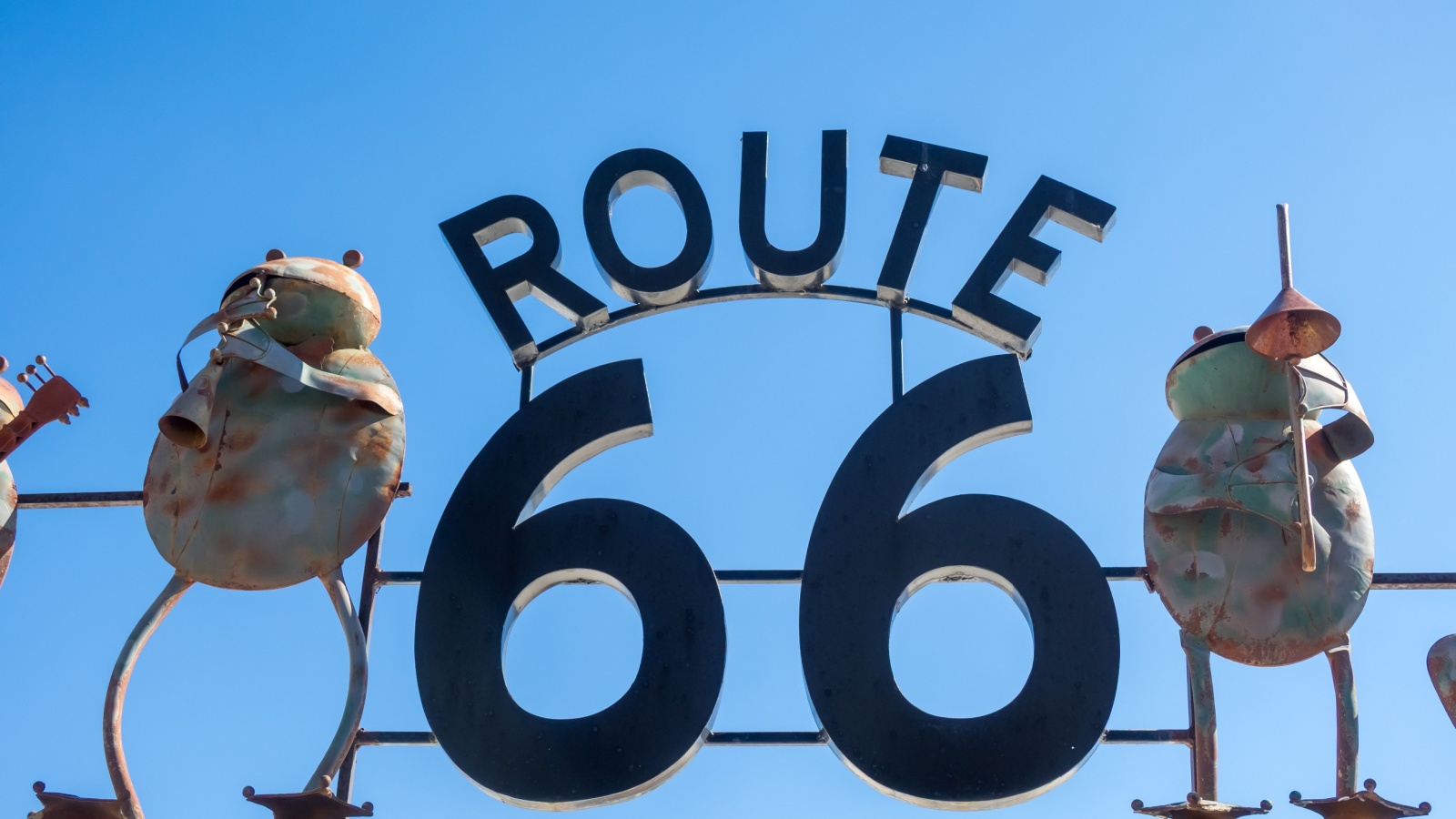
Pronunciation divides more than spelling. Americans say “rout,” Canadians say “root.” It’s minor, but it triggers instant awareness of origin. The American version sounds harsh and clipped, while “root” flows naturally with Canadian rhythm. The difference stems from British influence, which shaped much of Canadian English. When an American cheerfully says “Route 66,” that sharp vowel jars northern ears. Canadians aren’t trying to be pedantic; it simply sounds wrong. In everyday talk, they’ll quietly adjust the pronunciation without making a fuss, but they’ll definitely notice the difference every single time.
Trunk
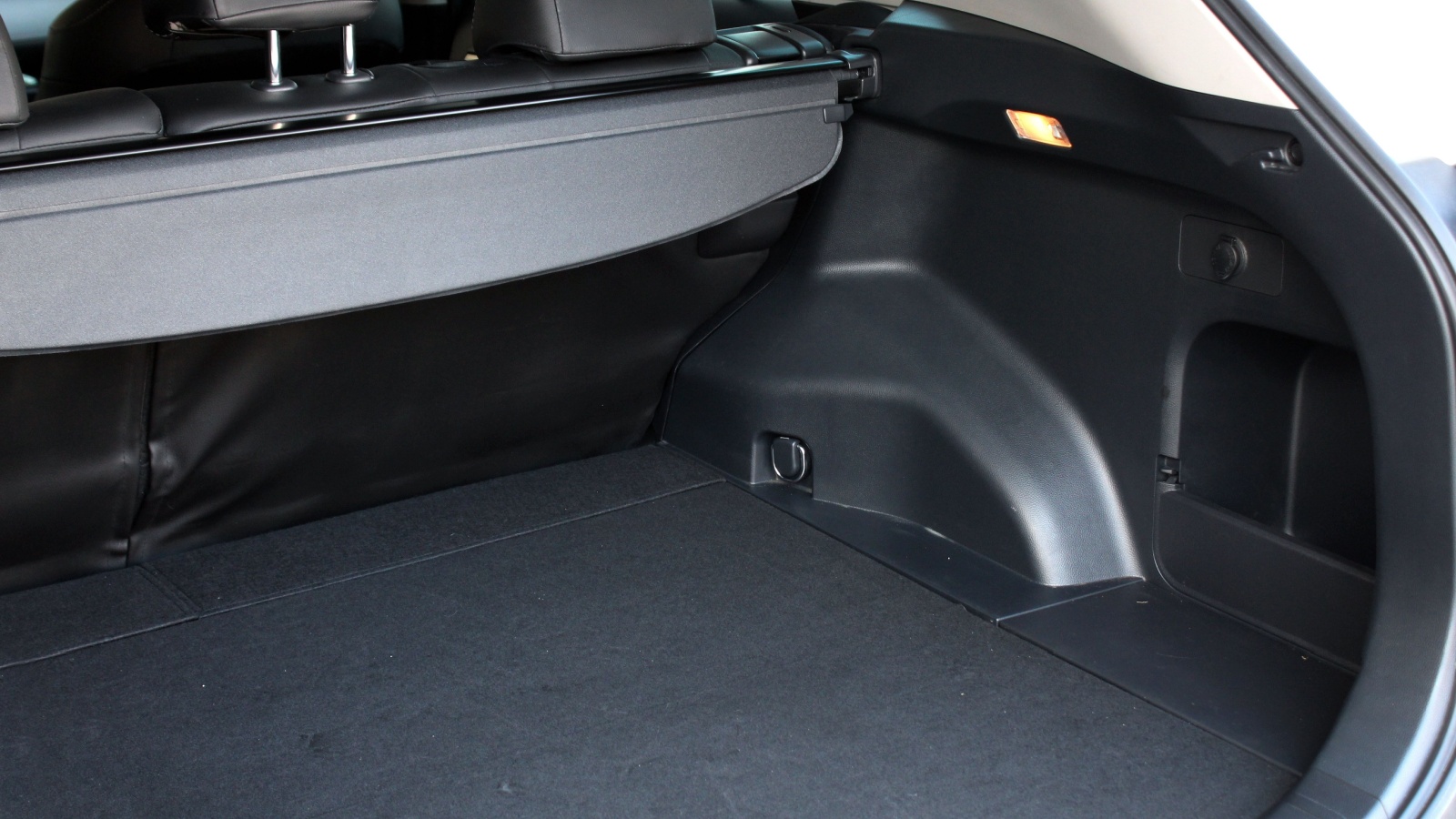
To Americans, it’s the back of a car. To many Canadians, especially older ones, it’s the “boot.” “Trunk” feels plain and mechanical, like a tool compartment, not a vehicle feature. Canadian English absorbed plenty of British influence, so “boot” sounds more refined. While younger generations accept “trunk” thanks to Hollywood and car ads, it still feels unmistakably American. The word carries no insult, just a different flavor, less formal, less polished. Canadians understand it instantly but may quietly wish for a touch more linguistic personality when discussing their vehicles.
Cell phone

Americans cling to “cell phone,” a term that feels dated and overly descriptive to modern Canadians. Most people here simply say “phone” or “mobile.” “Cell phone” brings to mind flip-phone commercials and early 2000s jingles. It’s technically accurate, but unnecessary. Canadians prefer streamlined language, and since everyone knows a phone is cellular, the extra word sounds redundant. It’s not offensive, just a reminder of how Americans sometimes over-label the obvious. Over time, Canadians have quietly dropped “cell,” leaving behind a cleaner, more current term that feels less like a marketing slogan.
Soccer

This one triggers more cultural than linguistic frustration. Canadians accept “soccer” to distinguish it from “football,” but when Americans speak about it with exaggerated patriotism or claim disinterest, it grates. The issue isn’t the word, it’s the attitude. “Soccer” sounds detached from global football culture, especially when paired with jokes about low scoring. Canadians participate in international tournaments and follow global teams, so they feel the word deserves more respect. The American casualness around it sometimes feels dismissive, turning a harmless term into a tiny cultural sore spot.
High school prom

American teen movies made “prom” iconic, but Canadians often call it “grad” or “graduation dance.” The difference is subtle but telling. “Prom” carries dramatic connotations, corsages, limos, heartbreak, and spotlights. Canadian schools keep things simpler, focusing on the celebration rather than spectacle. When Americans reminisce about “prom night,” it sounds cinematic, bordering on melodramatic. Canadians find it slightly overblown and culturally imported. While they enjoy dressing up too, the word “grad” feels practical, modest, and truer to their tone. “Prom” remains a Hollywood relic that never fully crossed the border comfortably.
College (when meaning university)
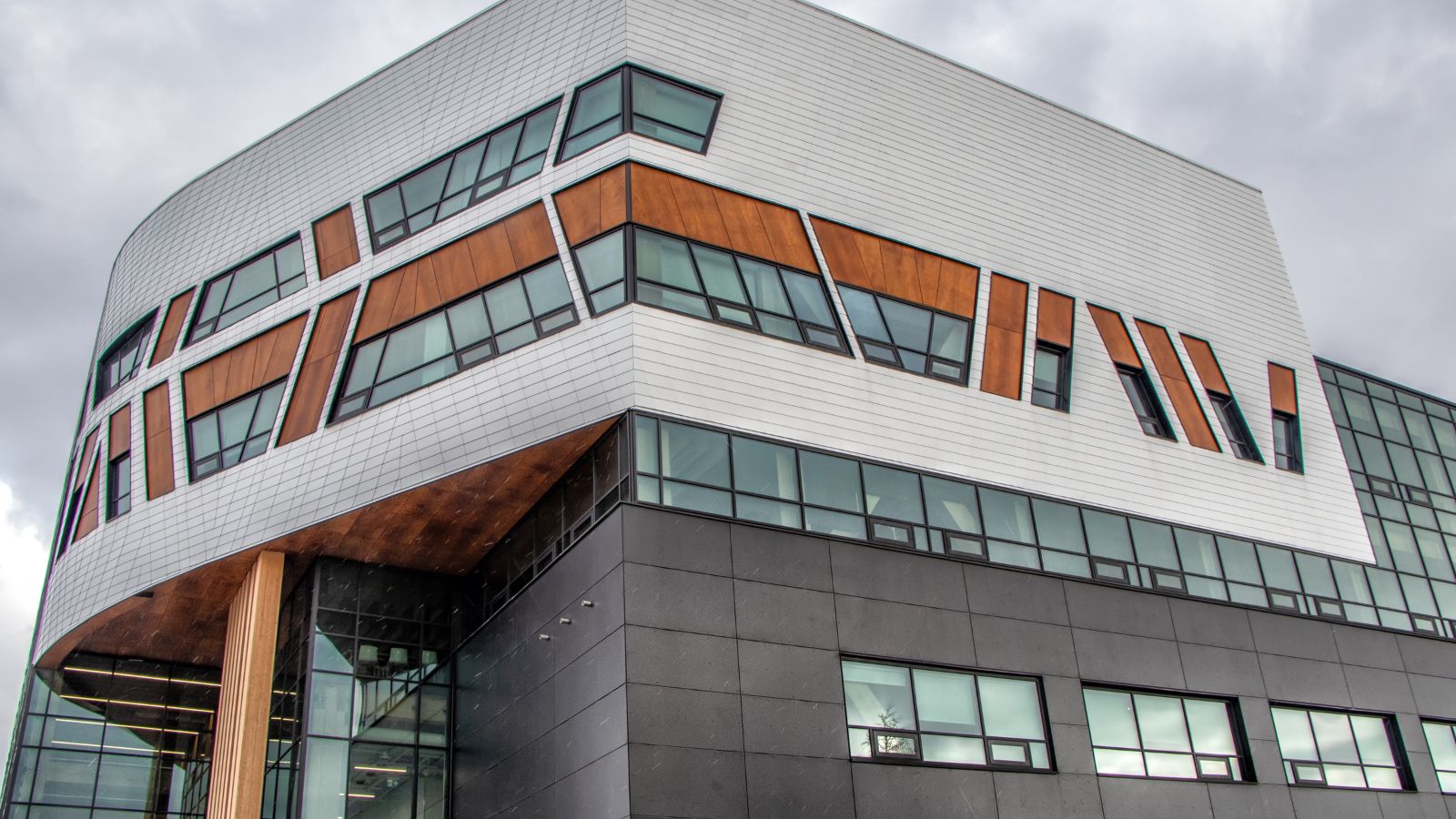
This phrase creates confusion more than annoyance. In the U.S., “college” means any higher education. In Canada, colleges and universities are separate: one grants diplomas, the other degrees. When Americans say “I went to college” to describe attending a university, Canadians mentally double-take. It’s not wrong, just inaccurate in their context. The casual use feels careless, like blurring two distinct systems. Canadians value precision in this area because tuition, programs, and recognition differ. So, hearing “college” used universally makes them wish Americans would be just a little clearer about where they studied.
Shopping cart
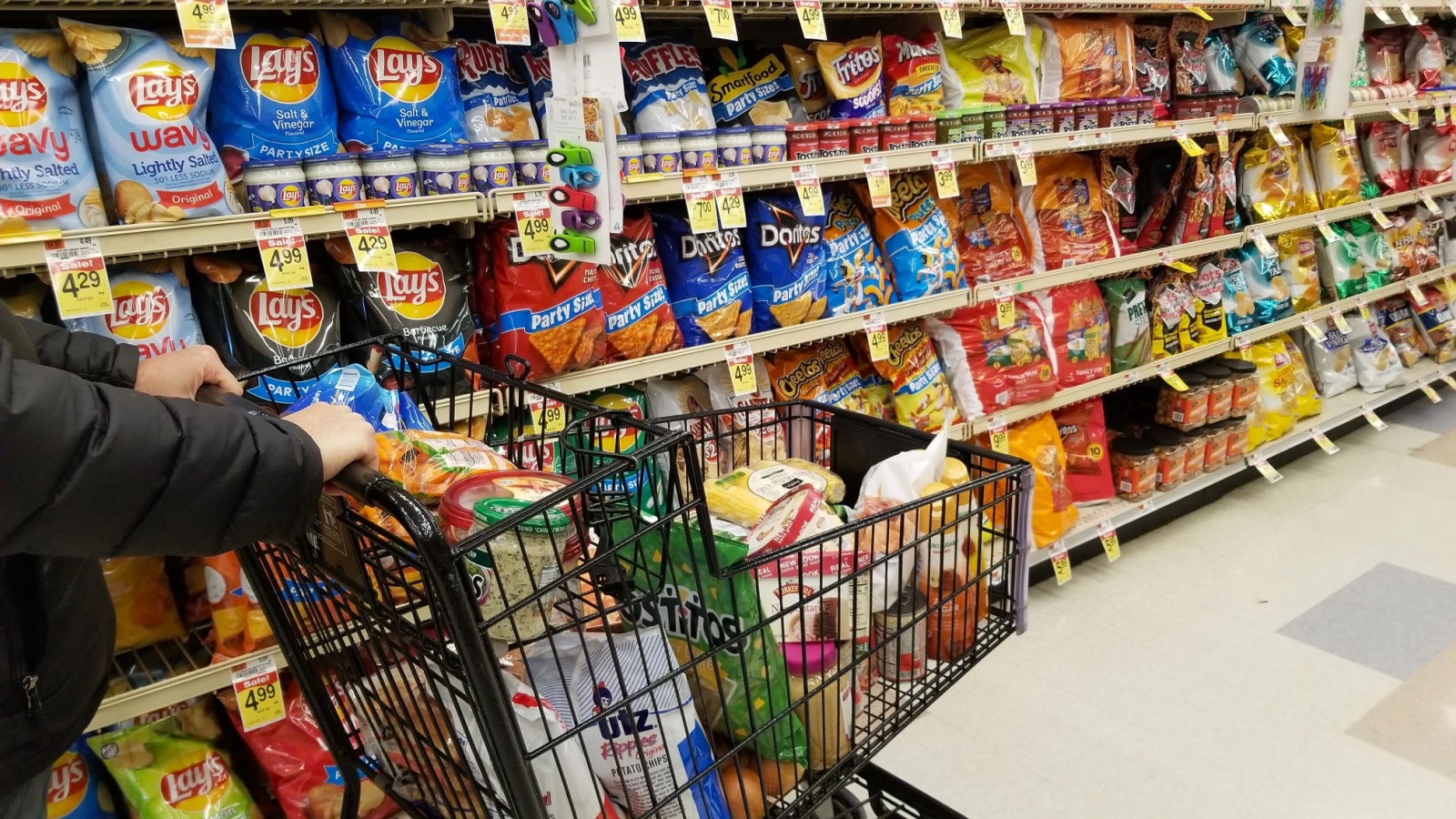
This everyday phrase sounds plain to Canadian ears accustomed to “buggy.” It’s not offensive, just uninteresting. “Buggy” adds a touch of regional charm, a reminder of grocery trips and small-town stores. “Shopping cart,” on the other hand, feels sterile, something from a manual, not a conversation. The term reflects America’s more standardized retail culture, while Canadian language preserves local quirks. Many Canadians now use both terms interchangeably, but “buggy” remains affectionately homegrown. The American phrasing simply lacks that cozy linguistic nostalgia that Canadians subtly hold onto even during something as ordinary as grocery shopping.
Crosswalk

This term sounds utilitarian, almost robotic, compared to “pedestrian crossing.” It’s another instance where Americans simplify for speed, while Canadians keep a touch of formality. “Crosswalk” feels abrupt, like a road-sign command, whereas “pedestrian crossing” suggests community design and care. Canadians take pride in civic language that balances clarity with politeness, even in infrastructure. So, when an American visitor says “crosswalk,” it sticks out, not offensive, just overly blunt. It’s a reminder of how even traffic terms can reveal a nation’s personality, one emphasizing efficiency and the other subtle respectfulness.
How are you? (as a greeting)

In the U.S., this phrase often replaces “Hello,” with no expectation of an answer. Canadians find that disorienting. When someone asks “How are you?” they assume sincerity and start answering, only to realize the other person has already moved on. It feels insincere, almost rushed. Canadians use the same phrase, but they mean it. The American version feels like conversational autopilot, friendly, yet hollow. It’s not rude, just superficial compared to Canadian standards, where even small talk carries genuine interest. That subtle difference creates daily cross-border confusion.
Have a nice day!

This phrase sounds relentlessly cheerful, polished, and overused. Canadians prefer milder endings like “Take care” or “Have a good one.” “Have a nice day” feels scripted, like something from customer service training. It’s friendly but mechanical, delivered with a smile that doesn’t always reach the eyes. Canadians appreciate warmth, but not excess. They find authenticity more valuable than enthusiasm. While no one objects to good wishes, hearing it repeatedly makes the words feel hollow. The phrase reflects the American habit of constant positivity, which Canadians quietly find a bit exhausting after a while.
21 Products Canadians Should Stockpile Before Tariffs Hit

If trade tensions escalate between Canada and the U.S., everyday essentials can suddenly disappear or skyrocket in price. Products like pantry basics and tech must-haves that depend on are deeply tied to cross-border supply chains and are likely to face various kinds of disruptions
21 Products Canadians Should Stockpile Before Tariffs Hit
